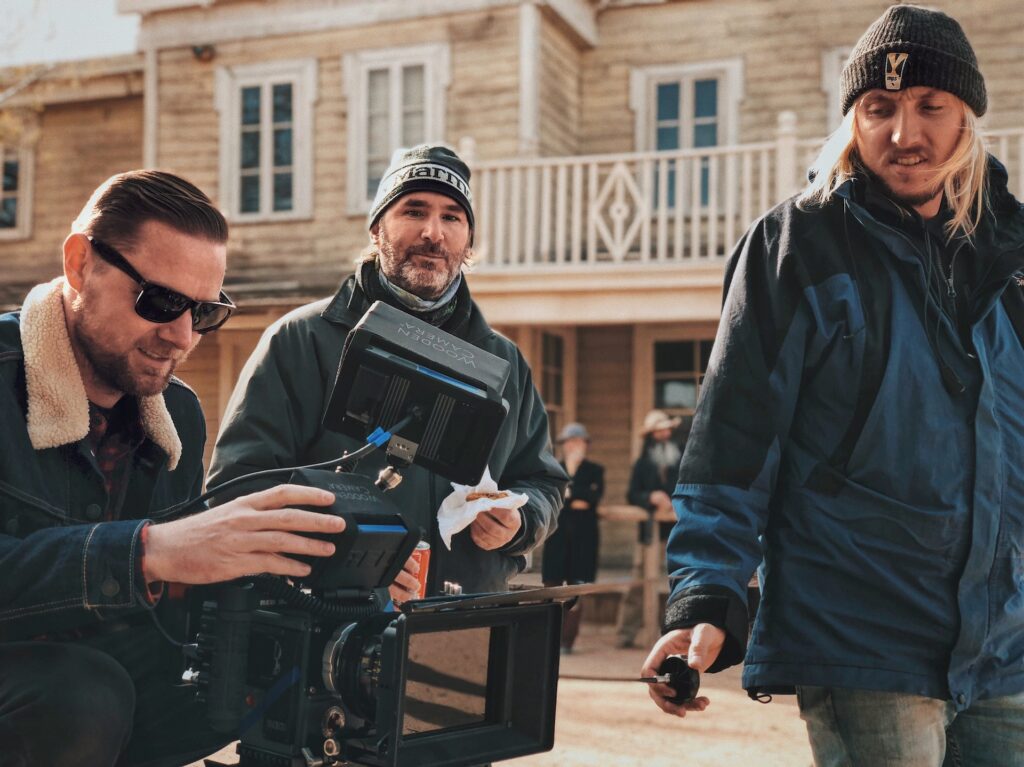Lights, camera, action! In the captivating world of video production, where storytelling and visual artistry collide, the role of a director is paramount. From Hollywood blockbusters to corporate videos, the director is the driving force behind the scenes, orchestrating every element to bring a compelling vision to life.
In this blog, we will delve into the multifaceted role of a director in video production and shed light on their responsibilities, qualities, and the creative magic they weave.
The Responsibilities of a Director
As the conductor of the production symphony, a director shoulders many responsibilities that span the entire video production process.
1. Pre-Production Planning: Setting the Stage for Success
Before the cameras start rolling, a director is deeply involved in pre-production planning. This entails analyzing the script, storyboarding scenes, and collaborating with the production team to conceptualize the visual style and narrative structure.
2. Guiding the Ship: Director’s Role During Production
During production, the director’s expertise comes to the forefront. They meticulously guide the actors, providing guidance on performances, blocking scenes, and ensuring a seamless flow of creative energy. They make critical decisions regarding camera angles, framing, and capturing the desired emotions.
3. Crafting the Final Masterpiece: Director’s Involvement in Post-Production
While the camera may stop rolling, a director’s work is far from complete. They collaborate closely with editors, sound designers, and visual effects artists in the post-production phase. The director ensures that the final product aligns with their creative vision, shaping the mood, pacing, and overall impact of the video.
Qualities of a Successful Director
To thrive in the competitive world of video production, directors must possess a unique blend of qualities that enable them to excel in their craft.
1. Leadership and Communication: Orchestrating the Symphony
Successful directors possess strong leadership skills, inspiring and motivating their team to perform at their best. They communicate their vision effectively, ensuring that every member of the production team is aligned and working toward a common goal.
2. Creativity and Critical Thinking: Breathing Life into Stories
A director’s ability to think creatively and critically is instrumental in transforming a script into a captivating visual narrative. They make imaginative choices regarding shot composition, lighting, and color schemes, breathing life into the story and evoking emotional responses from the audience.
3. Technical Knowledge and Expertise: Mastering the Craft
Directors must have a firm grasp of the technical aspects of video production. This includes understanding camera equipment, lenses, editing software, and the intricacies of post-production. This technical knowledge empowers directors to make informed decisions and collaborate effectively with the production team.
Conclusion
In the magical realm of video production, a director assumes the role of a mastermind, orchestrating the symphony of storytelling and visuals. From pre-production to post-production, their responsibilities, qualities, and creative vision shape the final masterpiece. Understanding the pivotal role of a director in video production fosters a deeper appreciation for the artistry and complexity involved, bringing the magic of cinema to life for audiences worldwide.
